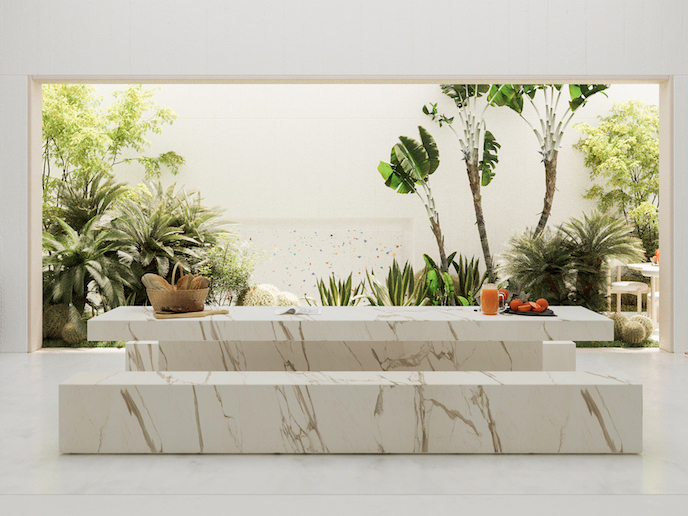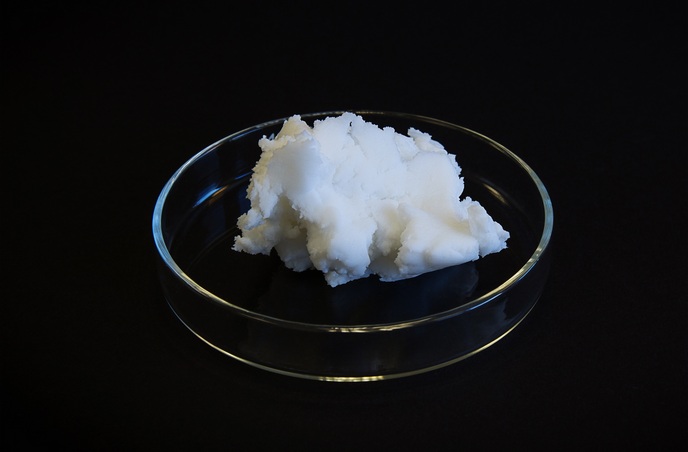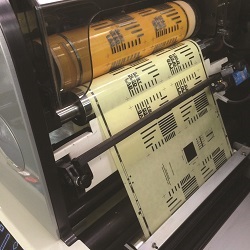From bottle to stone – eco-friendly kitchen work surfaces
Materials such as engineered quartz, ceramics and other solid surfaces are often used to replace natural stone for kitchen worktops. Now a new eco-friendly material has become available using crushed stone bonded with recycled plastic bottles to make a hardened surface. “We thought of a way of producing stone-like kitchen countertops with much fewer raw materials using recycled PET(opens in new window) as a more sustainable, circular alternative. During the project, we wanted to improve its quality, in particular scratch resistance,” explains www.sustonable.com (SUSTONABLE) project coordinator Laurens van Graafeiland, CEO of Innovative Stone Technologies (INNSTECH) in the Netherlands. At the start of the 2-year project, the prototype was an unpolished surface that could be used for wall panels but was not robust enough for heavy kitchen use. Composites, made of crushed stone bound together with other materials, have been used for this purpose since the late 1980s. “We have a process which is much more energy-efficient than engineered stone, ceramics and other solid surfaces. Compared to comparable stone-like materials we realised that our energy consumption, carbon footprint and water use were far better than the others’,” notes van Graafeiland. The patented stone and recycled plastic material weighs around a third of a traditional surface like engineered stone and uses only 50 % of the raw materials, yet has the look, feel and properties of composite stone. Using recycled plastic bottles also makes it cheaper and more sustainable to produce. Traditional stone countertops are also thicker and heavier, so the new product is easier to transport and install.
Developing new designs for the material
At the start of the project, only a monochrome off-white prototype had been developed. Improvements were made in the manufacturing process to make it more scratch- and stain-resistant while also producing a range of colours and designs. “People want something that imitates natural stone. Ceramics and engineered quartz imitate stone and we wanted to do the same. We succeeded quite well, though there are challenges with some stone-like designs like marble. We are still working to make them look more like natural marble,” explains van Graafeiland. “Our product is so successful we are talking to Europe’s biggest kitchen manufacturer in the Netherlands,” he adds, referring to Dekker, as well as others. “They saw the properties are good and could put it on the market as a new type of material.” Kitchen makers believe consumers will appreciate the sustainability aspect as an alternative to harder work surfaces, van Graafeiland says. “We have a nice product, it looks good, it feels good.”
Starting production while making improvements
Work is ongoing to increase scratch resistance to the level of engineered stone. Improvements have been made, notes van Graafeiland. He adds this would not have been possible without the EU funding, which also covered additional equipment to improve the material’s properties. After successfully running the process in a pilot plant, INNSTECH has now commissioned a demonstration production line to be located in Turkey. The first commercial orders have started to come in, including from firms specialising in kitchen countertops who supply kitchen makers in Europe.







